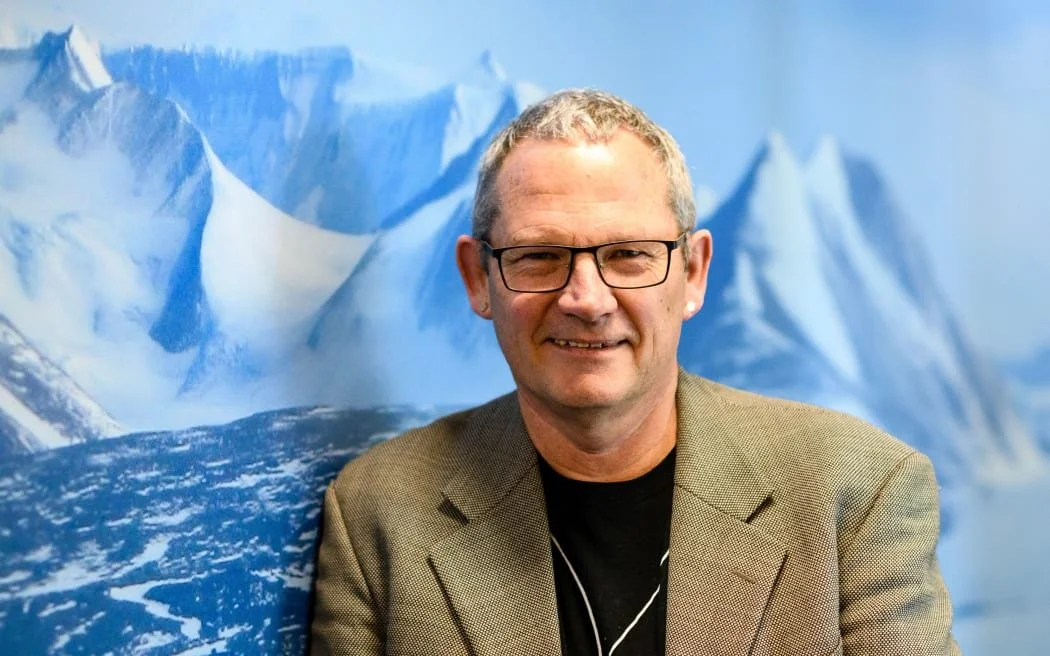Victoria Universities' Professor Renwick's new book Under the Weather A Future Forecast for New Zealand warned Aotearoa still faced climate chaos caused by out-of-control carbon emissions.
Climate change is a global challenge that affects every country, including New Zealand. In this blog post, we will explore how New Zealand is experiencing and responding to climate change, based on the latest scientific reports and government policies.
New Zealand's climate is warming faster than the global average, with annual average temperature increasing at 28 of 30 sites across the country and at all 30 during winter. This has led to more heatwave days, fewer frost days, and more frequent and severe droughts in some regions. The warming climate also affects the natural environment, such as glaciers, sea levels, and biodiversity.
New Zealand has committed to reducing its greenhouse gas emissions by 50 per cent below 2005 gross emissions for the period 2021-30 under the Paris Agreement. To achieve this goal, the government has passed the Climate Change Response (Zero Carbon) Amendment Act in 2019, which sets a target for all greenhouse gases except for biogenic methane (from agriculture and waste) to reach net zero by 2050. Biogenic methane emissions are expected to reduce by 24–47 per cent by 2050.
The government has also released its first Emissions Reduction Plan in May 2022, which outlines how it will meet its emissions budgets and make progress towards its 2050 target. The plan covers various sectors and actions, such as transport, energy, agriculture, forestry, waste, and innovation. The plan also recognises the need for a just transition that supports communities and workers affected by the low-emissions transition.
However, reducing emissions is not enough to avoid the impacts of climate change. New Zealand also needs to adapt to the changes that are already happening and will continue to happen in the future. The government is developing a National Adaptation Plan that will identify the risks and opportunities of climate change for New Zealand and provide a framework for adaptation action across different sectors and levels of government.
One of the challenges that New Zealand may face in the future is the possibility of huge immigration numbers due to climate change. According to Professor Renwick's new book Under the Weather: A Future Forecast for New Zealand, Aotearoa could become a destination for millions of climate refugees from other countries that are more vulnerable to extreme weather events, such as cyclones, floods, droughts, and sea level rise. Renwick warns that New Zealand needs to prepare for this scenario and consider its implications for social cohesion, infrastructure, and security.
Climate change is a complex and urgent issue that requires collective action from all sectors of society. New Zealand has taken some important steps to reduce its emissions and adapt to its impacts, but there is still much more to do. We hope this blog post has given you some insights into how New Zealand is facing climate change and what you can do to help.
You can purchase the book at Aotearoa Books | Under the Weather: A Future Forecast for New Zealand



